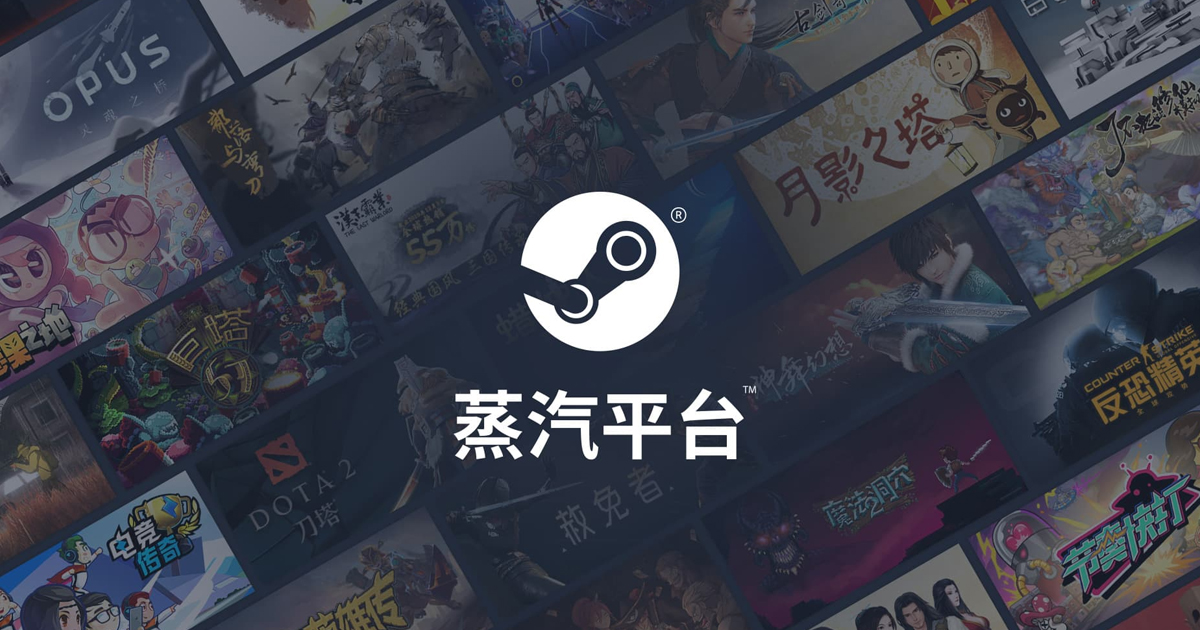Last week, Tencent, NetEase and more than 200 Chinese gaming companies signed an agreement to combat gaming addiction. A number of experts believe that this could also hit foreign platforms. Among them are Steam, Epic Games Store and other stores that developers actively use to bypass the process of obtaining state licenses to sell their titles in China.The main attention in the signed agreement was paid to online games.
It was about the introduction of authentication systems using real name and face recognition, as well as the fight against violent, political and illegal content.
First of all, these measures will be aimed at compliance with the new standards regarding the playing time of teenagers. Recall that at the end of August, underage gamers in China were banned from playing online titles for more than three hours a week.
However, the South China Morning Post drew attention to another point of the agreement. In it, the companies noted that they would “strongly boycott circumvention of regulatory procedures and the use of foreign gaming platforms to provide services to local users.”
“This part of the agreement primarily concerns online stores like Steam and Epic Games Store,” said Charles Yu, head of Pillar Legal law firm.
The official publication of the game in China requires obtaining a state license, and this process has many pitfalls and limitations. In order to circumvent local laws, many foreign companies resort to the help of popular stores, international versions of which operate on the territory of the Celestial Empire in a legal “gray” zone.
The most striking example is Steam. This year, Valve introduced the official version of the store for China, but it had only a few dozen approved titles at the start. Because of this, he did not find popularity among local gamers.
At the same time, the government did not prohibit the international version of Steam. Thus, Chinese gamers could actually continue to use it and get access to tens of thousands of games without a government license. According to Niko Partners, back in 2018, the Steam audience in China numbered 30 million gamers. Since then, the user base could grow.
Experts have repeatedly talked about the possible blocking of the international version of Steam and the fight against the “gray” market in China. Despite numerous statements and concerns of local gamers, this issue has not yet been openly discussed at the state level.
Due to the agreement signed on Friday, the Valve store and similar stores are at risk of being hit again. As Yu notes, formally this document has no legal force. However, it can theoretically be referenced in the future to combat illegal and “gray” content.
At the same time, there are no clear instructions in the agreement on compliance with the anti-circumvention clause of the licensing procedure. According to Yu, local gaming companies themselves sometimes resort to the services of international stores due to difficulties with the launch of their own games.
In recent years, Chinese publishers and developers have also been actively seeking to gain a foothold in the international market. Accordingly, their titles appear on Steam and on other “gray” platforms from the point of view of local legislation. Because of this, it is unclear how companies will be able to restrict access to their games for Chinese minors using international platforms.
It is also unclear whether the restrictions should apply to foreign development teams that belong to giants like Tencent. Thus, the item on combating circumvention of regulatory procedures now raises more questions than it answers.

